FAQ
Any property held for productive use in a trade or business or for investment can be exchanged for like-kind property. Like-kind refers to the nature of the investment rather than the form. Any type of investment property can be exchanged for another type of investment property. A single-family residence can be exchanged for a duplex, raw land for a shopping center, or an office for apartments. Any combination will work. The exchanger has the flexibility to change investment strategies to fulfill their needs.
You cannot trade partnership shares, notes, stocks, bonds, certificates of trust or other such items. You cannot trade investment property for a personal residence, property in a foreign country or “stock in trade.” Houses built by a developer and offered for sale are stock in trade. If an investor buys “fixer-uppers” and sells them as soon as they are improved, the properties may be considered as stock in trade and cannot be exchanged.
If an investor attempts to exchange too quickly after a property is acquired or trades many properties during a year, the investor may be considered a “dealer” and the properties may be considered stock in trade. Persons dealing with stock in trade are called dealers and are not allowed to exchange their real estate unless they can prove that it was acquired and held strictly for investment. There are no clear guidelines as to what constitutes being a dealer. The purpose and motivation behind the acquisition and use of real estate, how long the property is held and the principal business of the owner may be considered when determining if a real estate is dealer property.
If we find the asset being relinquished does qualify for a 1031 Exchange, the next question is what the replacement property will be. As discussed previously, section 1031 applies to both “real property” and “personal property.” The primary difference between a personal property exchange and a real property exchange is the definition of like-kind.
Property held for productive use in a trade or business or for investment qualifies for a 1031 Exchange.
The tax code specifically excludes some property even if the property is used in trade or business or for investment. These excluded properties generally involve stocks, bonds, notes, securities and interests in partnerships.
Property held “primarily for sale” is also excluded. This excluded property would include business inventory. For real estate, it means property purchased with the intent to sell it, such as a fixer-upper or vacant land to be developed into a house. An investor who “turns” residential properties, or a private developer, may be classified as dealer.
A primary residence usually does not qualify for an exchange because it is not used in trade or business or investment. That said, that portion of the primary residence that is used in a trade or business or for investment may qualify for a 1031 Exchange.
